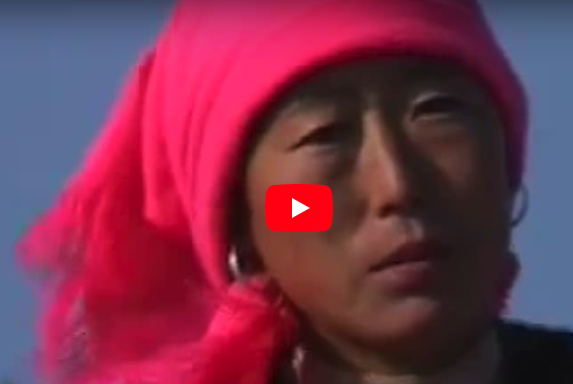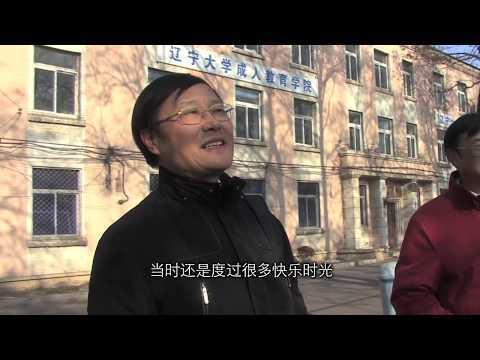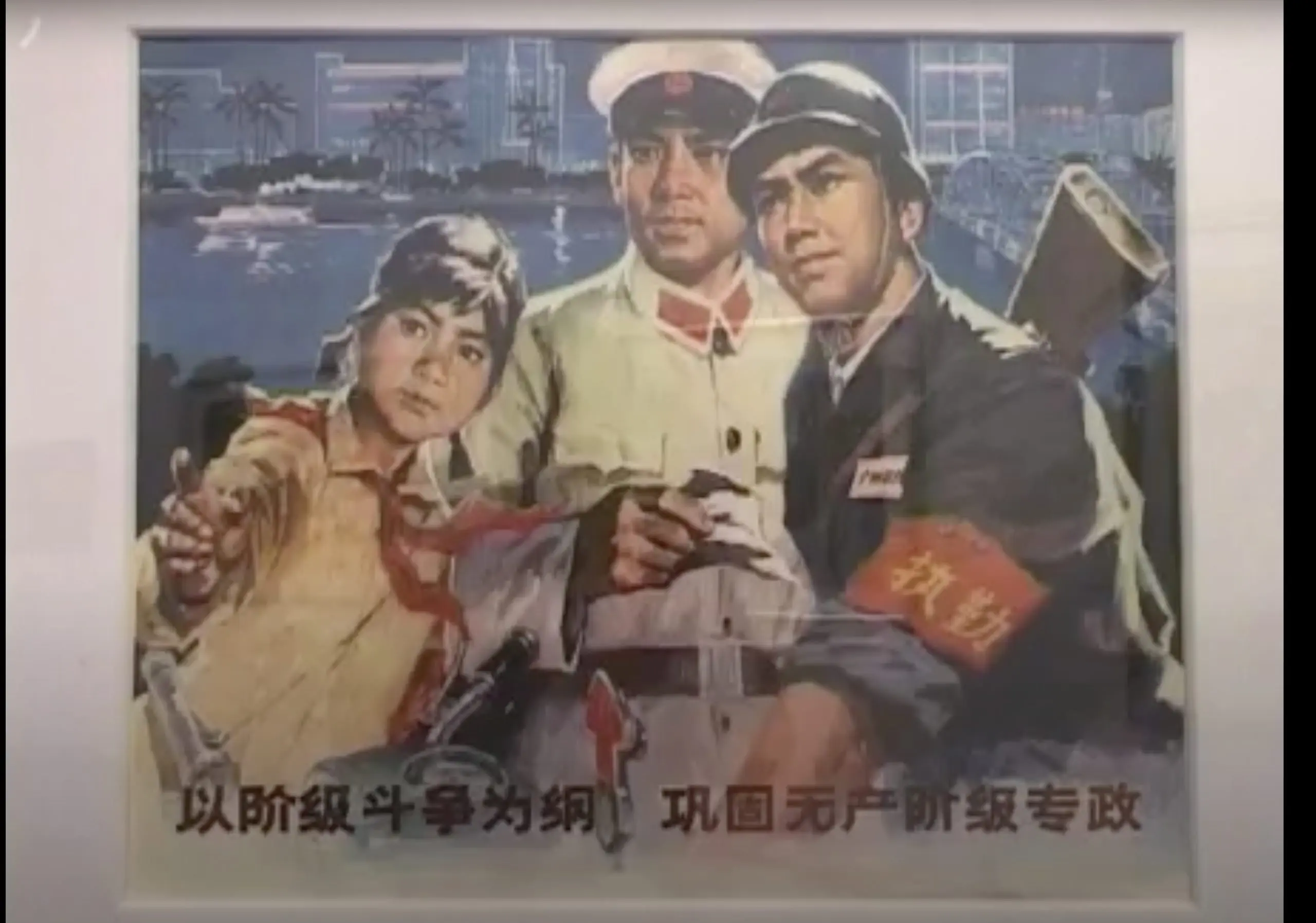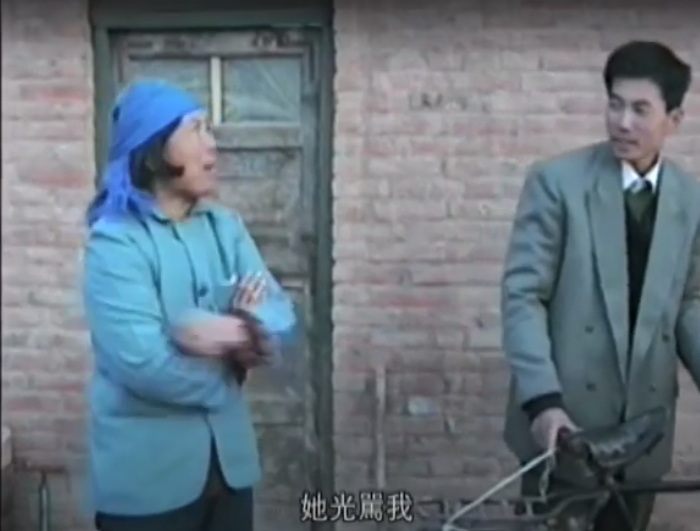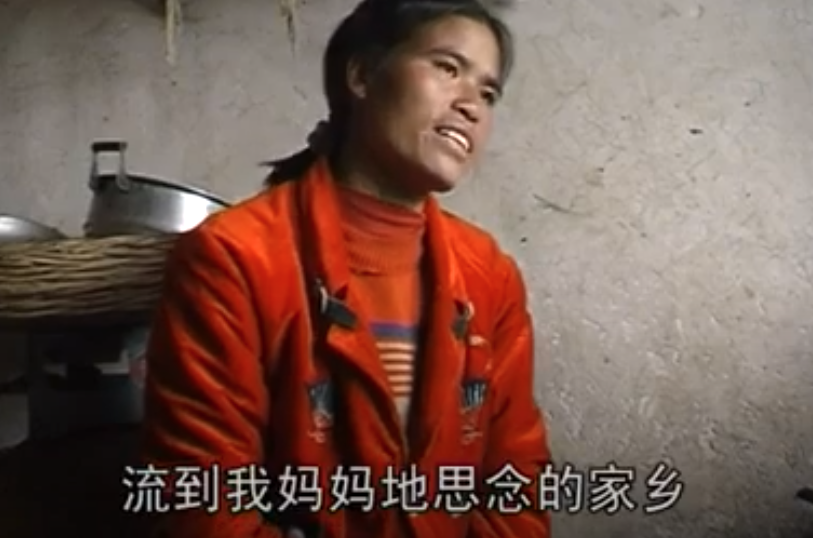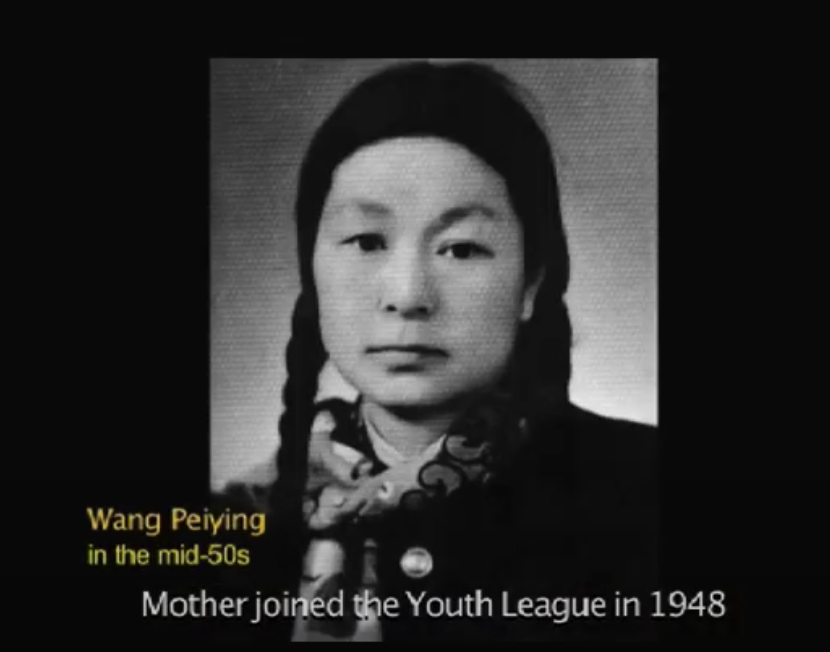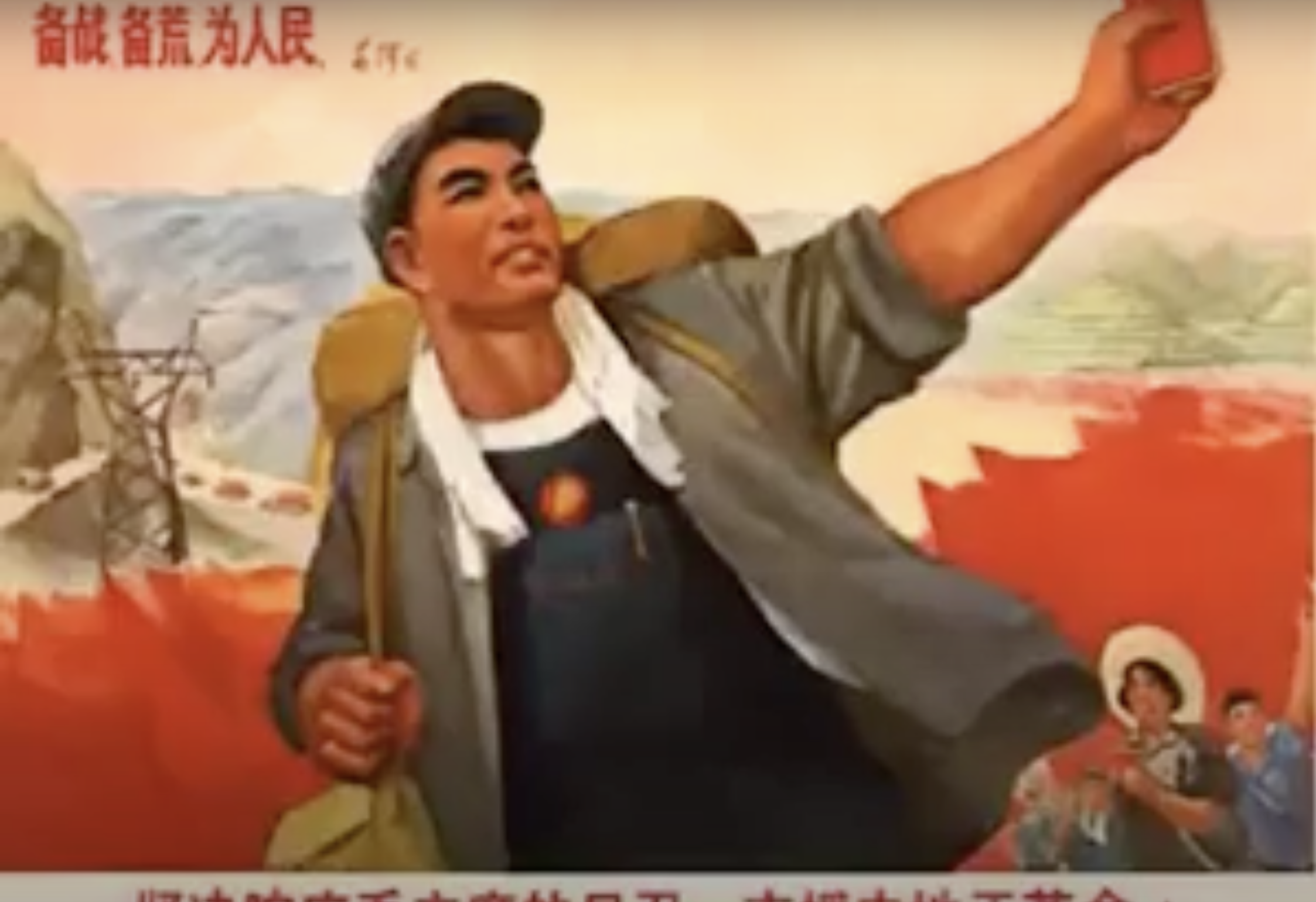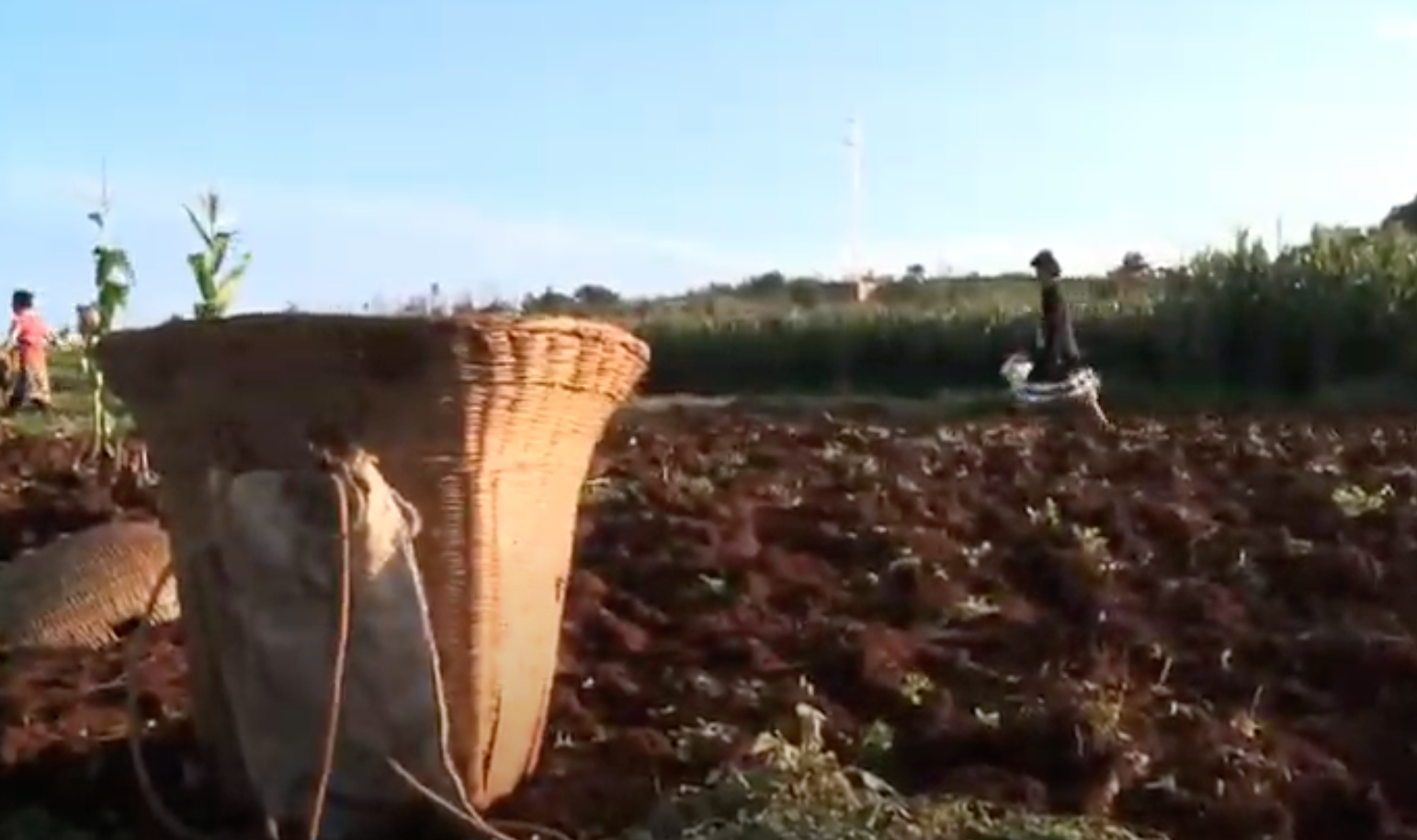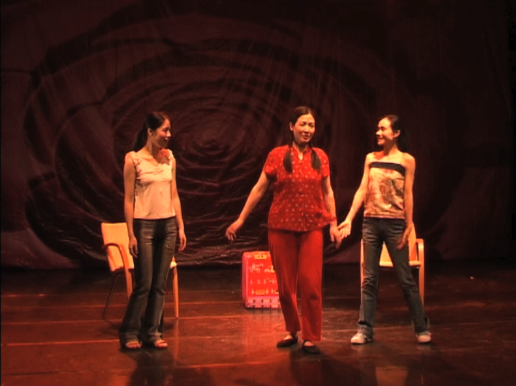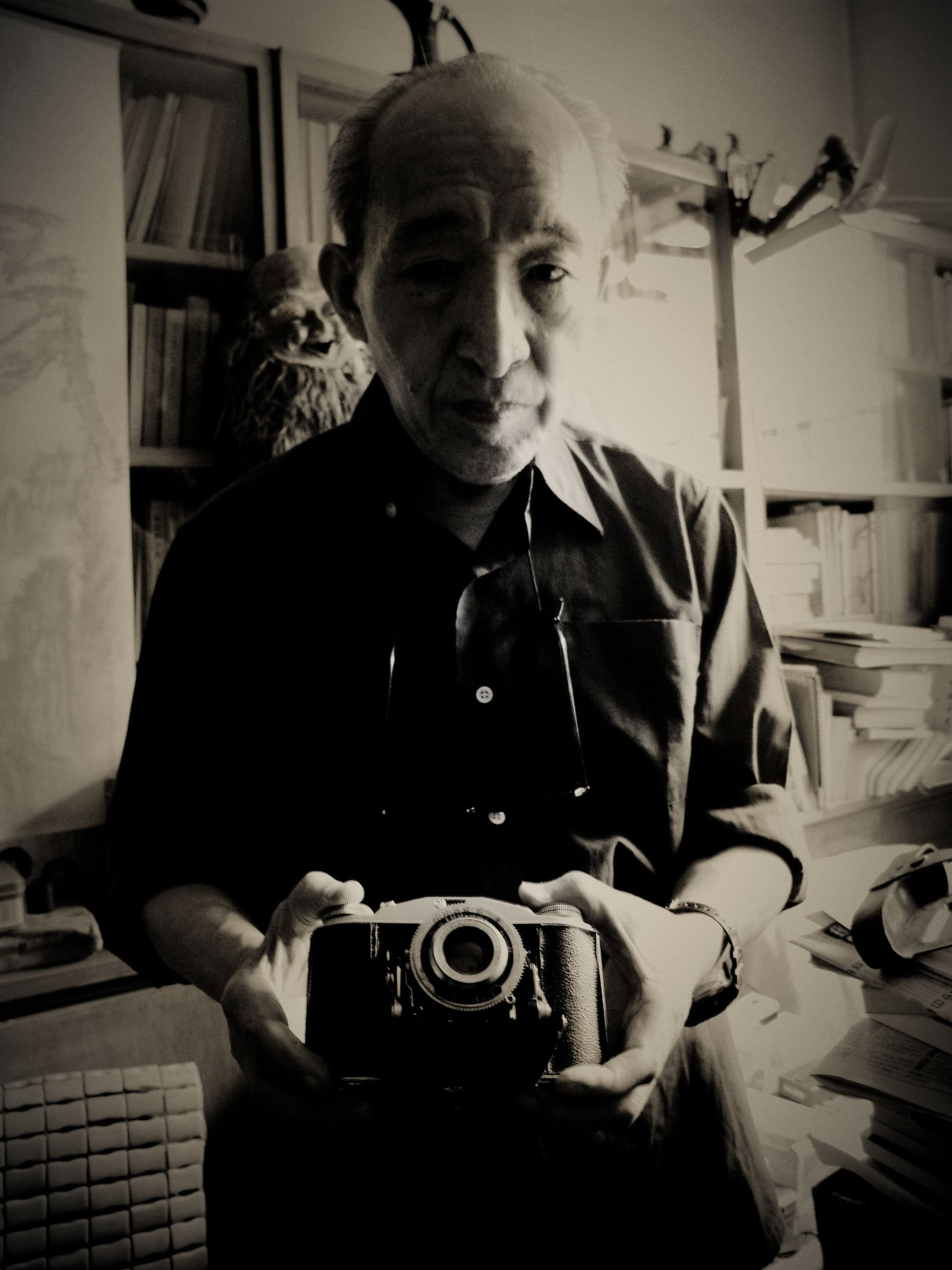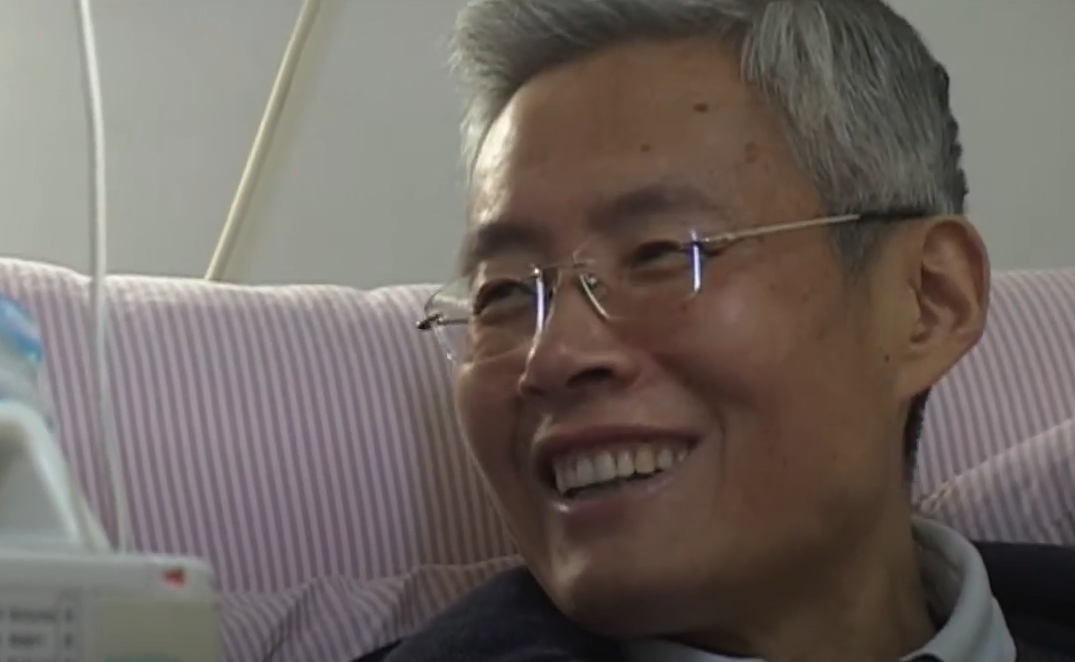Explore the collection
Showing 18 items in the collection
18 items
Film and Video
By the Sea
The family of Jia Qingyun, a farmer whose ancestors came to Guandong Province, returned to their hometown of Shandong Province with their three children due to the difficulties of life in the Northeast, and settled on the seaside of the town. However, facing the land where their ancestors had lived, they did not have land of their own. Nor did they have a household registration or a house. They can only face the sea and tenaciously start life again. Director Hu Jie records their hardships and their hopes for life.
Film and Video
Care and Love
This film records the story of Liu Xianhong, a woman from rural Xingtai, Hebei, who contracted AIDS through a blood transfusion in the hospital and decided to publicly disclose her identity and sue the hospital. After fighting in the courts, she finally received compensation. This documentary demonstrates the surging awareness of civil rights in rural China at the grassroot level through depicting the experiences of several families and the concerted efforts of patients to form “care” groups to collectively defend their civil rights. Due to public awareness, media intervention, and legal aid, the government also introduced new policies to improve the situations of patients and their families.
This film is in Chinese with both English and Chinese subtitles.
Film and Video
Chronicle of Western Liaoning, A
In 1959, in the desolate Lingyuan area in the western part of Liaoning Province, a group of intellectual rightists from the Shenyang University arrived. There, they were to labor and be reformed alongside criminal prisoners in the prison, while digging mines to build railroads. How did the Communist Party reform the intellectuals? What kind of encounters did these rightist intellectuals go through? Hu Jie's camera restores this history.
Film and Video
Cultural Revolution Propaganda Posters
Through a large number of Cultural Revolution paintings, this film shows the official aesthetics at the time of the Cultural Revolution and the bloody violence and authoritarianism behind these paintings. The film features interviews with painters and Red Guards of the era as well as collectors and researchers in China and the UK today.
Film and Video
East Wind State Farm
In 1957, two hundred teachers, students, and cadres from Kunming, Yunnan were among the hundreds of thousands of Chinese people labeled as “Rightists” for criticizing the Chinese Communist Party. They were sent to the East Wind State Farm, located in Mi-le County in Yunnan, for 21 years of “thought reform” in the countryside. These inmates witnessed the policies of the Great Leap Forward first-hand: they took part in deforestation, agricultural, and industrial projects in the countryside, which precipitated the Great Famine. Later, during the Cultural Revolution, their camp was visited by large groups of youths “sent down” from the cities, who worked on the farm with the “Rightists.” In 1978, these “Rightists” were finally rehabilitated and allowed to leave.
This documentary examines the policies and campaigns of the Maoist era through the eyes of those who were persecuted and exiled. Director Hu Jie pieces together this long and complex story through collecting dozens of extensive interviews with inmates as well as staff who served through decades of the camp’s existence. These people’s vivid memories and personal accounts shed light on the harrowing lifestyle of not only the two hundred “Rightists” of East Wind State Farm, but also the scores of dissidents and youths who experienced the Great Leap Forward and the Cultural Revolution.
Film and Video
Faraway Mountain
This movie captures the lives of miners in small coal mines in the Qilian Mountain area of Qinghai Province. At 3600 meters above sea level, the air here is thin. Miners in the small coal kilns labor hard in a working environment without any protection, and usually get silicosis after 5-10 years of work, thus losing their ability to work. If they die in an accident, their families receive only meager compensation. This is a true record of the survival of China's grassroots laborers in the early 1990s.
Film and Video
Garden of Paradise
The year 2003 was known as the birth of the Weiquan—the rights defense–movement, which was marked by the Sun Zhigang incident in Guangzhou. At the same time, a campaign began to get justice for Huang Jing, a teacher from Hunan who was sexually assaulted and killed by her boyfriend. The campaign involved the victim’s family, netizens, feminist scholars and activists, and lasted for several years. This documentary records the process of Huang Jing’s case from filing to post-judgement, and analyzes the broader issue of sexual violence against women in China.
The films in this series are in Chinese with Chinese subtitles.
电影及视频
In Search of Lin Zhao's Soul
Hu Jie narrates the life of Lin Zhao, a Christian dissident who was condemned as a Rightist in the late 1950s and executed during the Cultural Revolution. Prior to becoming a mentcritic of the government, Lin Zhao was an ardent believer of communism. She demonstrated talent in writing and speaking as a star student in Peking University. However, after criticizing the government in 1957 during the Hundred Flowers Campaign, she was cast as anti-revolutionary. Despite the government’s attempts to silence her, Lin Zhao continued to speak and write publicly, including contributing two epic poems to Spark, an underground student-run journal. In 1960, she was arrested, and despite being released briefly in 1962, spent the rest of her life behind bars, under extremely poor living conditions. Nevertheless, she continued to write in prison, sometimes with her blood. In 1968, at the age of 36, she was executed by a firing squad.
In this documentary, Hu Jie showcases many of Lin Zhao’s surviving writings and poetry. These pieces often contain criticisms of the communist regime, as well as commentary on policy issues pertaining to labor and land reform. In making this film, Hu Jie traveled around China to interview friends and associates of Lin Zhao, who knew her as a student, activist, or prisoner. This documentary includes excerpts from interviews with them, which inform us about Lin Zhao’s personality and motivations.
This documentary has contributed to a widespread revival of interest in Lin Zhao, who had almost become a forgotten figure until the film’s appearance.
Film and Video
Matchmaker, The
The tradition of matchmaking is still prevalent in northern rural areas today. This film records the story of Yang Xiuting, a matchmaker living in Guan County, Shandong Province. It describes how, due to economic reforms, rural people went to cities to find work. Subsequently, young people began to choose their own spouses. Thus, the ancient profession of matchmaker not only faces challenges, but also encounters new problems.
Film and Video
Mountain Songs from the Plains
Luo Xiaojia, a young Yunnan Yi girl was trafficked to the plains of Shandong at the age of 17 and forced to marry a young farmer in the area. The film documents her family life in the unfamiliar Shandong countryside and her longing for home. In her tenth year in Shandong, she finally fights for the opportunity to return home. After a 4,000-kilometer journey, she returns to her hometown of Yunnan and sees her mother, whom she misses day and night. However, she struggles with conflicting emotions, and returns to Shandong with a mountain song that her mother sings for her. This movie reflects the sad fate of trafficked women in China and the social psychology that follows these tragedies.
Film and Video
My Mother Wang Peiying
On January 27, 1970, Wang Peiying, a cleaner at a kindergarten in Beijing, was sentenced for counter-revolutionary crimes at a 100,000-person public trial held at the Workers' Stadium in Beijing. She was then taken to the execution ground along with a dozen other political prisoners to be executed by firing squad. Wang Peiying was strangled to death in the torture wagon because she preferred to die rather than give in and shout slogans. Forty years later, her daughter, Kexin, began to search for her mother's story. Through her mother's coworkers, friends in distress, and the task force, she gradually discovers her mother's experience as an active counterrevolutionary. In order to protect her conscience, Wang Peiying chose to stand up for her dignity and freedom to tell the truth, and willingly endured brutal torture. The documentary reflects the brutality of the Cultural Revolution and the destruction of humanity.
Film and Video
Red Art
This documentary interviews painters, Red Guards, as well as current collectors and researchers in China and the United Kingdom. It presents the emergence, spread, and impact of the propaganda posters during the Cultural Revolution. The film includes interviews with Liu Chunhua, the author of Chairman Mao Goes to Anyuan, Guangzhou painter Li Xingtao, Guangzhou old Red Guard Zhou Jineng, and others. Art museum personnels, art critics, journalists, professors, and researchers in both China and the United Kingdom speak about their understanding of the art of the Cultural Revolution from various perspectives.
This film is in Chinese with both English and Chinese subtitles.
Film and Video
Songs of Maidichong Village, The
This film was shot in a village called Maidichong in the mountains of Yunnan Province. The village is inhabited by a community of Miao people who are Christians. 100 years ago, the British missionary, Mr. Burghley, came to this village, fostered the Miao language, and brought faith, education, and medical care to the Miao people. This movie tells this history and how their journey of faith was brutally suppressed during the Cultural Revolution. It also presents the challenges they face today.
Film and Video
Spark
<i>Spark</i> tells the story of a group of young intellectuals who risked their lives to voice their opinions about the Chinese Communist Party in the 1950s and 1960s. Following the Hundred Flowers Campaign of 1957, many intellectuals were branded as Rightists and banished to work and live in rural China. A group of students from Lanzhou University were among those sent to the countryside. There, they witnessed mass famine which resulted from government policies to collectivize agriculture and force industrialization in rural China. Shocked and angered by the government’s lack of response to the Great Famine, these students banded together to publish <i>Spark</i>, an underground magazine that sought to alert the Chinese population of the unfolding famine. The first issue, printed in 1960, included poems and articles analyzing the root causes of failed policies. However, as the first issue of <i>Spark</i> was mailed and the second issue was edited, many of these students, along with locals who supported the team, were arrested. Some of the key members of the publication were sentenced to life imprisonment and later executed, while others spent decades in labor camps.
In this 2014 documentary, Hu Jie uncovers the stories of the people involved in the publication of <i>Spark</i>. He conducts interviews with former members of the magazine who survived persecution, and also shows footage of the manuscripts of the magazine. A digital copy of the original manuscript of the first volume of <i>Spark</i> is also held on our website.
This film was awarded the Special Jury Prize for Chinese Documentary at the 2014 Taiwan International Documentary Film Festival and the Award of Excellence in the Asian Competition. Later, it won the Independent Spirit Award at the Beijing Independent Film Festival.
Film and Video
The Gulag Book
This movie records how Zhang Xianzhi went from being a soldier to a prisoner and then to an independent writer. His experience and thought process is compared with that of the Russian writer Solzhenitsyn. The title of the film is taken from the title of Zhang Xianzhi's book <i>Anecdotes from the Gulag</i>, which takes the viewer on a journey to China's Gulag Archipelago, a labor camp in Sichuan. The extreme conditions and little-known tragic history of the camp are presented. The movie is 42 minutes long and was filmed in 2012.
Film and Video
The Vagina Monologues -- Stories Behind the Scenes
<i>The Vagina Monologues</i> is a pioneering feminist drama created by the American playwright Eva Ensler. In 2003, teachers and students at the Gender Education Forum of Sun Yat-sen University in China adapted the play and added artistic interpretations of Chinese women's gender experience. The adapted play had its first performance at the Guangdong Provincial Art Museum. This documentary records the attitudes of governments across China towards the play as well as women's perceptions of the play and its connection with their personal experiences. It also highlights the current political and cultural ecology of China.
Film and Video
Though I Am Gone
On August 5, 1966, Bian Zhongyun, a 50-year-old vice principal of the Girls High School affiliated with Beijing Normal University, was beaten to death. The murder was by some of her students, a group of female Red Guards from the school. Bian was the first educator to be killed in Beijing during the Cultural Revolution. The night Bian was killed, Deng Xiaoping's two daughters, Deng Nan and Deng Rong, found Bian's husband and told him that they could only say that Bian died of high blood pressure due to illness, but not that Bian was killed. In the end, no one was criminally prosecuted.
This film is widely regarded as one of Hu Jie's most famous for its portrayal of Bian's husband, Wang Jingyao, and his efforts to document his wife's murder.
Follow director Hu Jie on his <a href="https://www.youtube.com/@jiehu6613">YouTube channel</a>.
Film and Video
Tribute to Gao Hua
Gao Hua was a renowned Chinese historian who died of liver cancer in Nanjing in 2011 at the age of 57. During his lifetime, Prof. Gao Hua focused on modern Chinese history. He was an expert in the history of the CCP and Mao Zedong. Several of his books were published overseas, and his book “The Revolutionary Years” was the only one published on the mainland. His masterpiece, “How the Red Sun Rises - The Ins and Outs of the Yan'an Rectification Movement”, was considered a classic work on CCP history when it was published in Hong Kong, but it soon became a banned book. Through this documentary, director Hu Jie records Gao Hua's voice and laughter during his lifetime, expressing the deep feelings of people mourning and commemorating Gao Hua.
